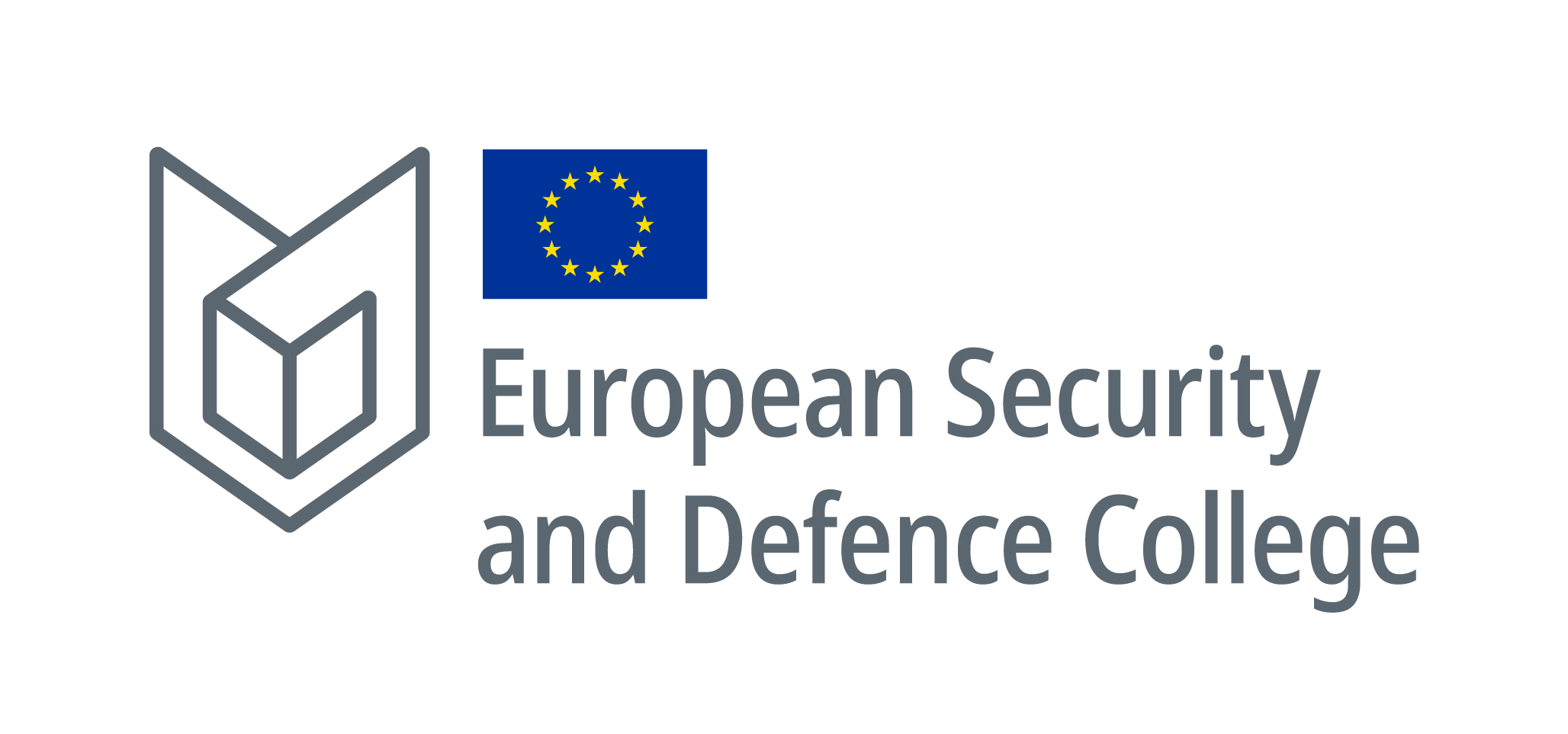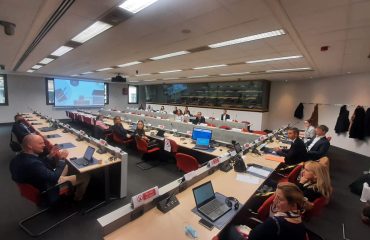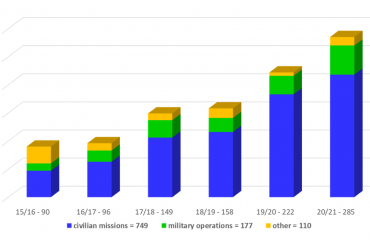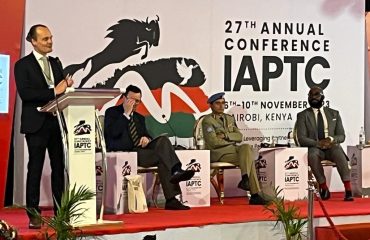“The Indo-Pacific region is the future” and must become a strategic priority for the EU. It is also crucial to the future of a rules-based international order, and the ability to address major current challenges such as climate change, biodiversity and global health.Directly relating to this statement by High Representative Josep Borrell, the course on “the challenges of securing maritime areas for the European Union: a focus on the Indo-Pacific region’ organised by the French Institute for Higher National Defence Studies together with the European Security and Defence College, addressed cutting edge issues and sparked an intense debate among the participants.
 The course focused on the most important maritime issues facing the European Union from a general perspective, with a focus on the Indo-Pacific region. This focus reflects the interdependence of the EU and Indo-Pacific economies and the common global challenges they face. Around 40% of the EU’s foreign trade passes through the South China Sea, making stability in the region a shared concern and an area of cooperation. As geopolitical competition intensifies in the Indo-Pacific region, significant strains are emerging in supply chains and in the fields of technology, politics and security. The Indo-Pacific is also crucial to the future of a rules-based international order, and the ability to address major current challenges such as climate change, biodiversity and global health.
A key takeaway was the overall consensus on the need to maintain a free and open Indo-Pacific for all, while building strong and lasting partnerships. The core message was that the EU and its Member States should deepen their engagement with partners in the Indo-Pacific to respond to emerging dynamics that affect regional stability. The approach should be complementary to other initiatives while securing the highest level of ownership from partners. This would help to guarantee stable and free access to the global commons.
We thank all participants for the lively debates and intensive exchange on these crucial issues. Special gratitude goes to Mr Alexandre Pellerin who organised the course.
The course focused on the most important maritime issues facing the European Union from a general perspective, with a focus on the Indo-Pacific region. This focus reflects the interdependence of the EU and Indo-Pacific economies and the common global challenges they face. Around 40% of the EU’s foreign trade passes through the South China Sea, making stability in the region a shared concern and an area of cooperation. As geopolitical competition intensifies in the Indo-Pacific region, significant strains are emerging in supply chains and in the fields of technology, politics and security. The Indo-Pacific is also crucial to the future of a rules-based international order, and the ability to address major current challenges such as climate change, biodiversity and global health.
A key takeaway was the overall consensus on the need to maintain a free and open Indo-Pacific for all, while building strong and lasting partnerships. The core message was that the EU and its Member States should deepen their engagement with partners in the Indo-Pacific to respond to emerging dynamics that affect regional stability. The approach should be complementary to other initiatives while securing the highest level of ownership from partners. This would help to guarantee stable and free access to the global commons.
We thank all participants for the lively debates and intensive exchange on these crucial issues. Special gratitude goes to Mr Alexandre Pellerin who organised the course.




